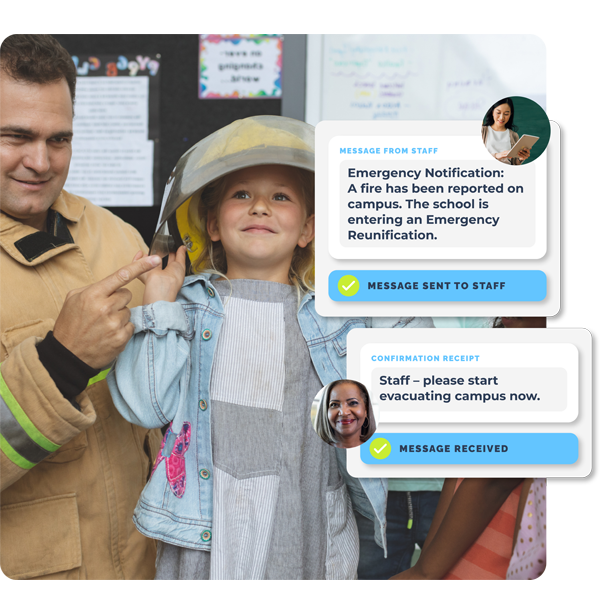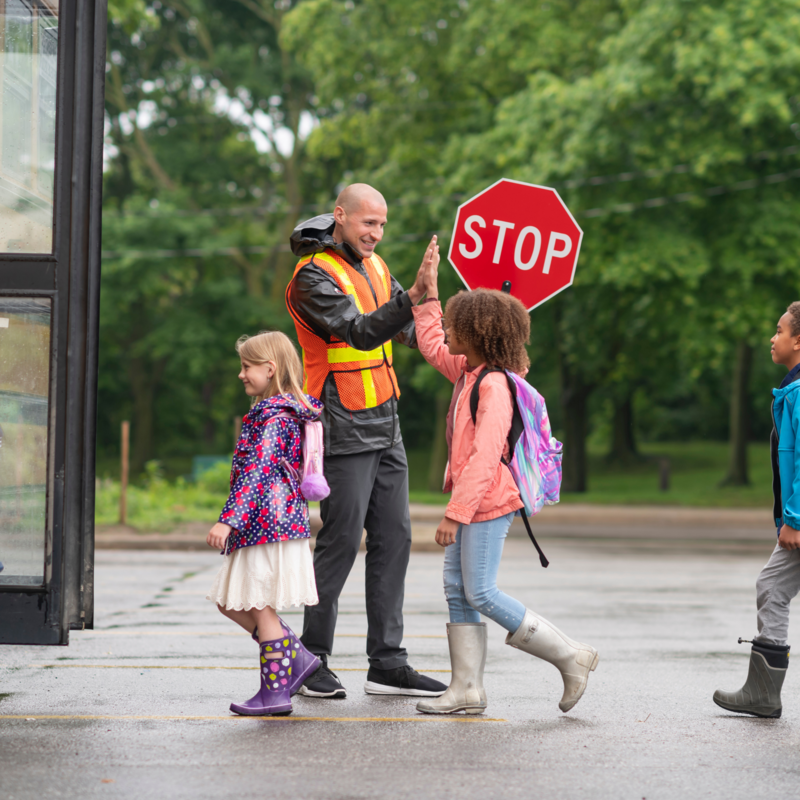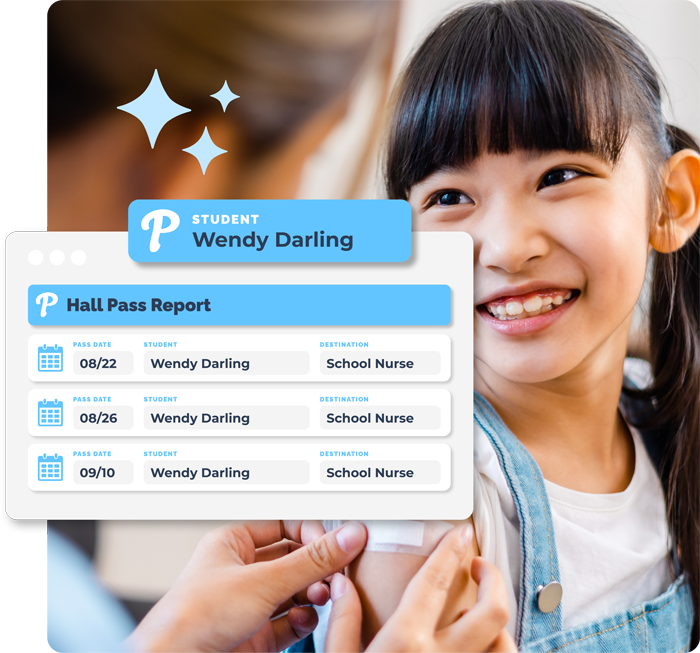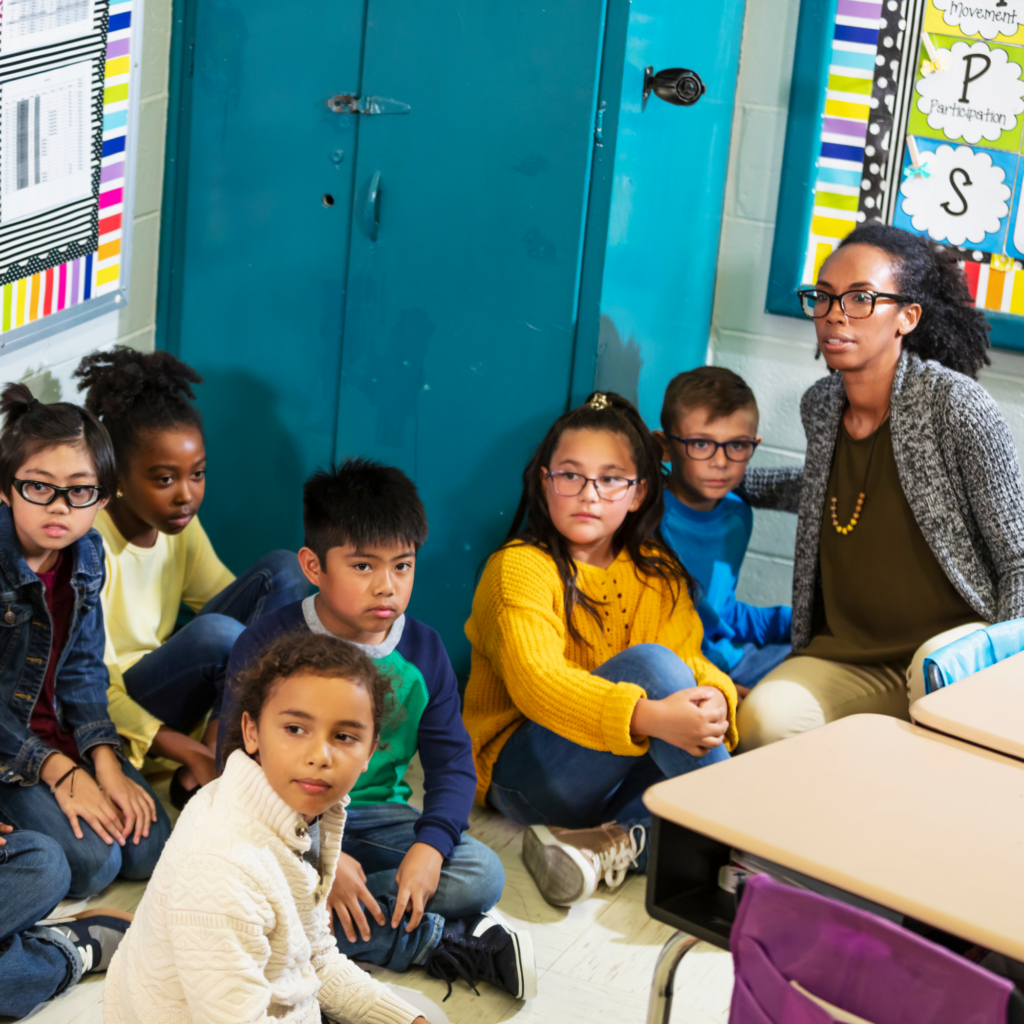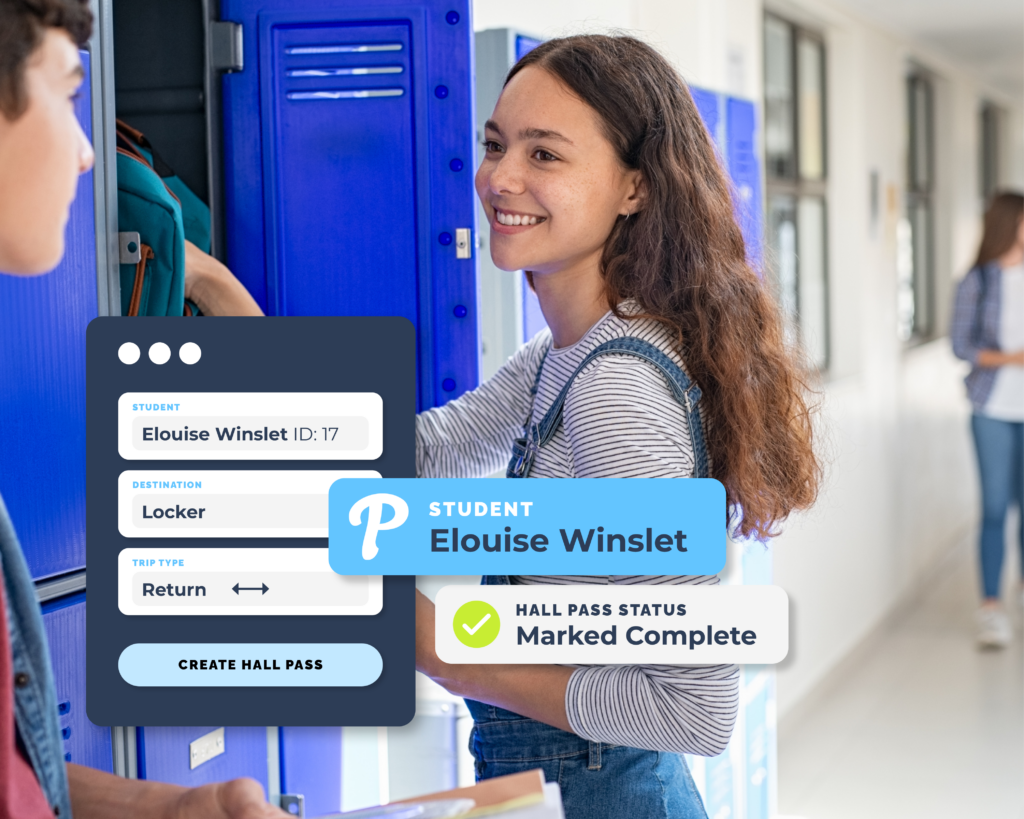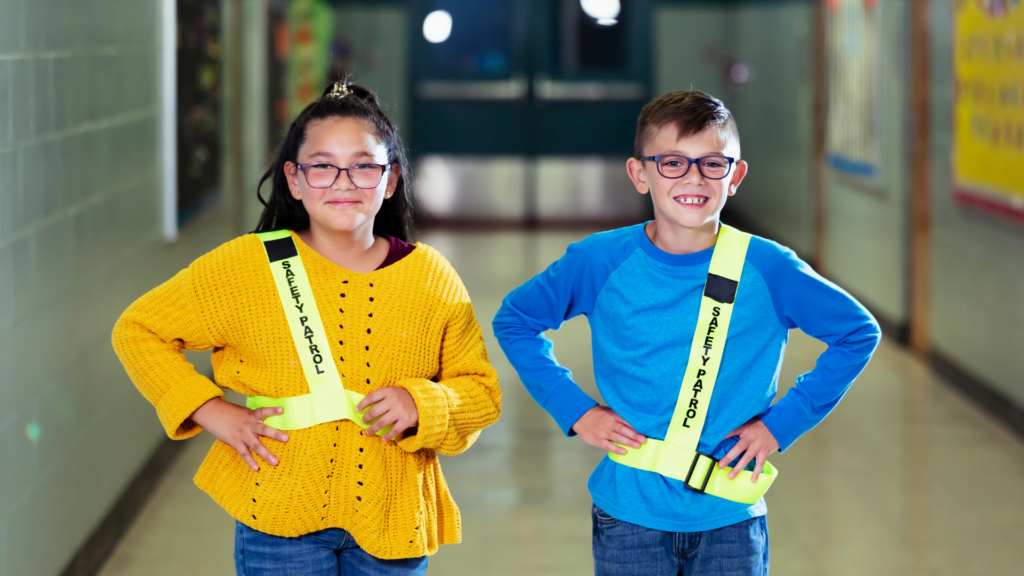Written by
- Michelle Kristoff
Director of Marketing Operations
Post Date
Subscribe to our blog
Sign up and get the latest school safety trends straight to your inbox weekly!
join us on social
Follow along with Pikmykid on social for helpful tips, great resources and all of the latest news.
BLOG
- By Michelle Kristoff
BLOG
- By Michelle Kristoff
BLOG
- By Michelle Kristoff
BLOG
- By Michelle Kristoff
BLOG
- By Nicole Hardy
BLOG
- By Melissa Schmitz
BLOG
- By Michelle Kristoff
BLOG
- By Melissa Schmitz
Notes from the
Resource Center
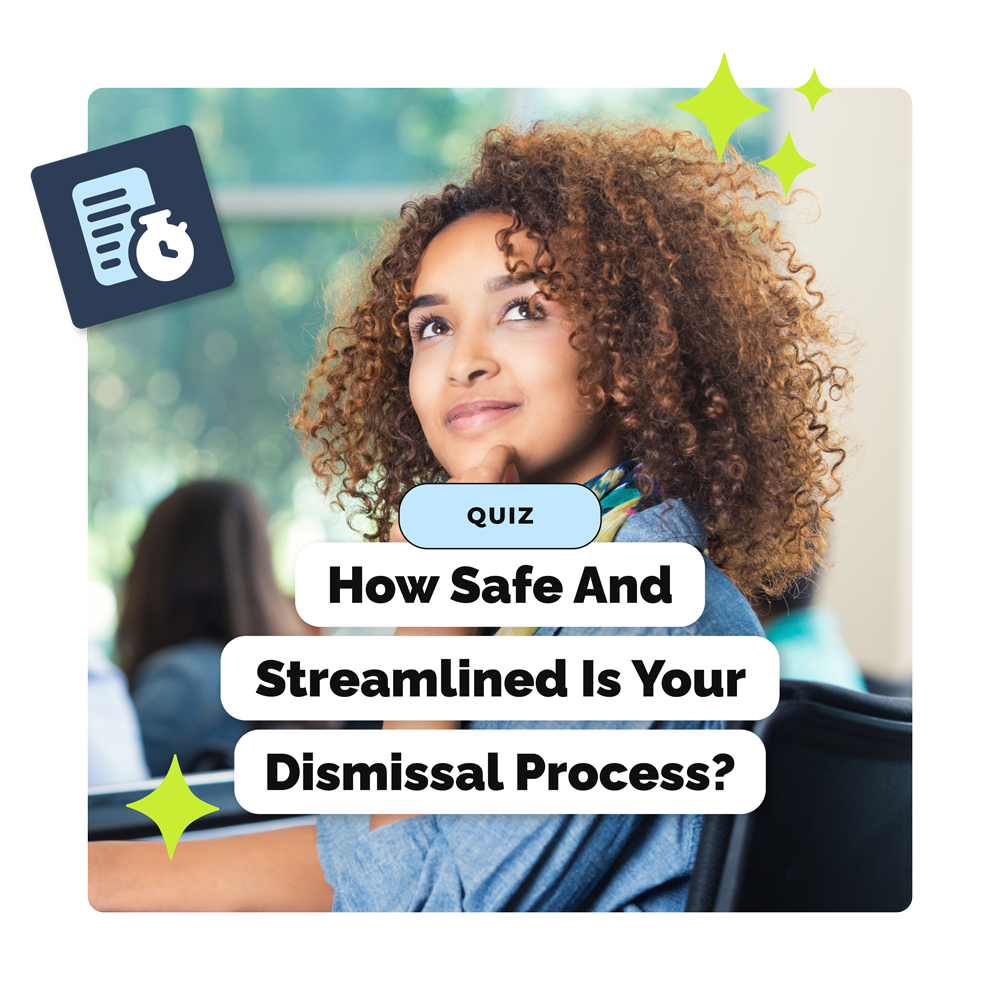
Quiz
How Safe & Streamlined Is Your Dismissal Process?
Take the quiz to find out how streamlined your daily dismissal process is!

Checklist
A Comprehensive Digital Hall Pass System Checklist For Schools
In this guide, you’ll find a comprehensive list to consider of what resources your school or district needs for emergency preparedness.

Webinar
5 Proven Ways To Make Dismissal Chaos-Free In 2024
Watch the on-demand webinar for 5 proven solutions to streamline procedures, reduce wait times, and improve safety. Watch now and breathe easy at dismissal time!
